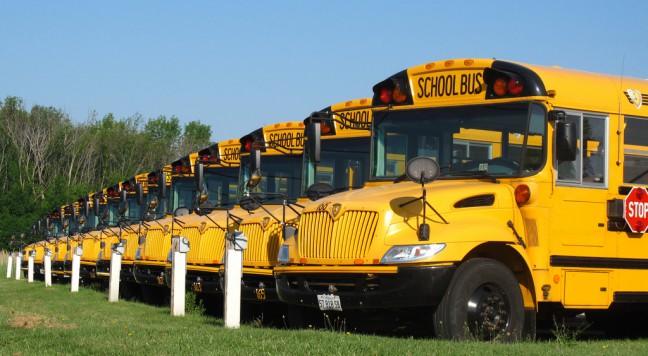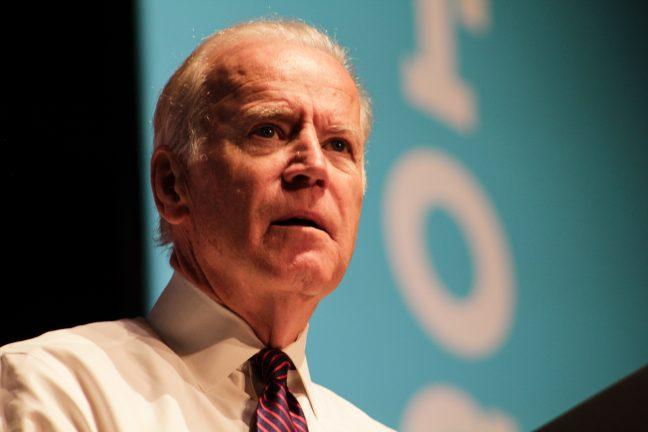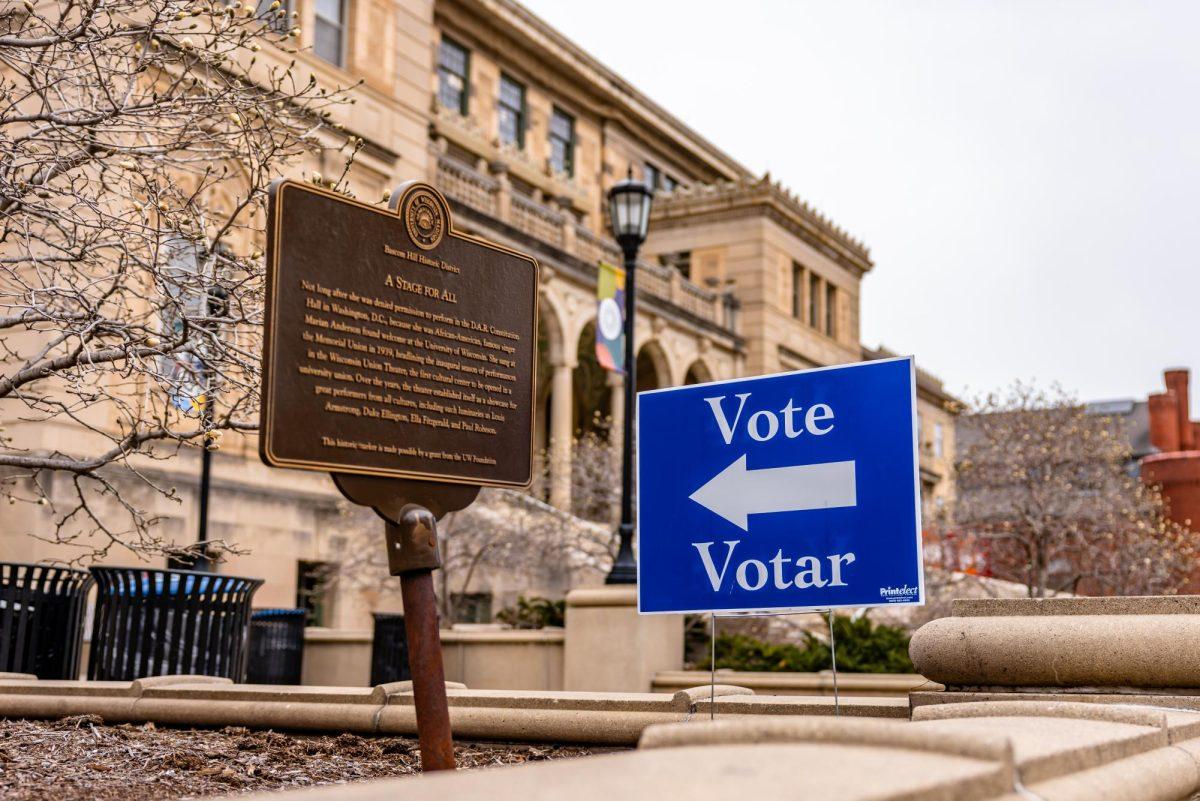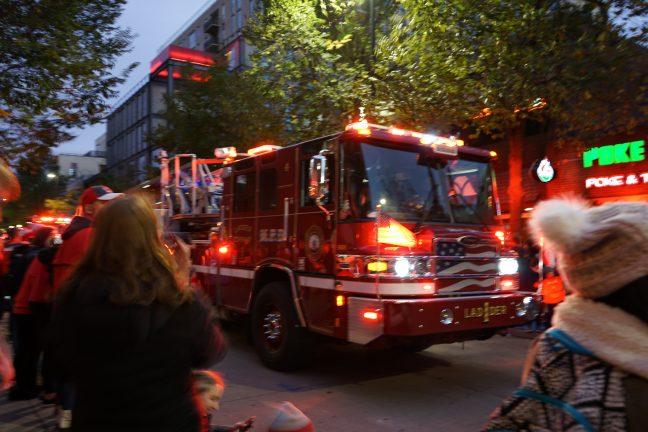The state Senate overwhelmingly approved a watered-down school accountability bill Tuesday, but the measure an Assembly committee is taking up this week goes further.
The Senate approved its version in a 29-3 vote, after the bill’s author, Sen. Luther Olsen, R-Ripon, reworked it and removed provisions containing sanctions for low-performing schools. The Assembly’s school accountability bill, however, contains such sanctions.
The Senate bill establishes an accountability system that measures student achievement in reading and mathematics, students’ college and career readiness, graduation rates and student engagement in schools.
The measurements would track any schools that receive public funds, such as public schools, charter schools and schools in the state’s voucher program, using the state’s recently launched school report cards.
“As Republicans in the Legislature continue to promote school choice, it is crucial that we also maintain transparency and ensure that any schools that receive taxpayer funding will be up to par,” Senate Majority Leader Scott Fitzgerald, R-Juneau, said in a statement. “This bill is a strong first step in that process.”
Under the bill, the Department of Public Instruction would create annual school accountability reports, sorting schools into five categories ranging from “fails to meet expectations” to “significantly exceeds expectations.”
The original version of the Senate bill contained guidelines for intervention in consistently low-performing schools.
The bill also initially included measures such as requiring low-performing districts to adopt a standard curriculum and develop methods to focus on the needs of individual students. Low-performing schools within these districts would have been required to make administrative changes, including the adoption of new teacher evaluation standards.
“This bill started out as one thing and turned into a no-consequences bill, or a bill that changes the timing of some reporting of something that was already in the state budget,” Sen. John Lehman, D-Racine, said, according to Wispolitics.com.
Assembly Republicans, meanwhile, are working on a bill that goes further. That bill, authored by Rep. Steve Kestell, R-Elkhart Lake, received a public hearing last week and will be up for an executive session Thursday.
“We want parents to have the best information possible while at the same time making sure all of their choices are quality options,” Kestell said in a statement when he introduced the bill.
Assembly Democrats also presented a related bill today that would allow teacher licensing in private schools that participate in the state school voucher program, which was taken statewide in the state’s last biennial budget, although with enrollment caps.
The Democrats’ proposal would also require voucher schools to develop standards for curricula similar to those in public schools.
“Right now we have a system of unaccountable taxpayer-funded voucher schools,” Rep. Cory Mason, D-Racine, said. “It is high time that if taxpayers are going to invest in these schools, supposedly to improve student achievement, that they know that they’re getting what they’re investing in.”
The Assembly voted along party lines not to vote on the Democrats’ bill on Tuesday.
[Photo by Flickr user John Picken]



















